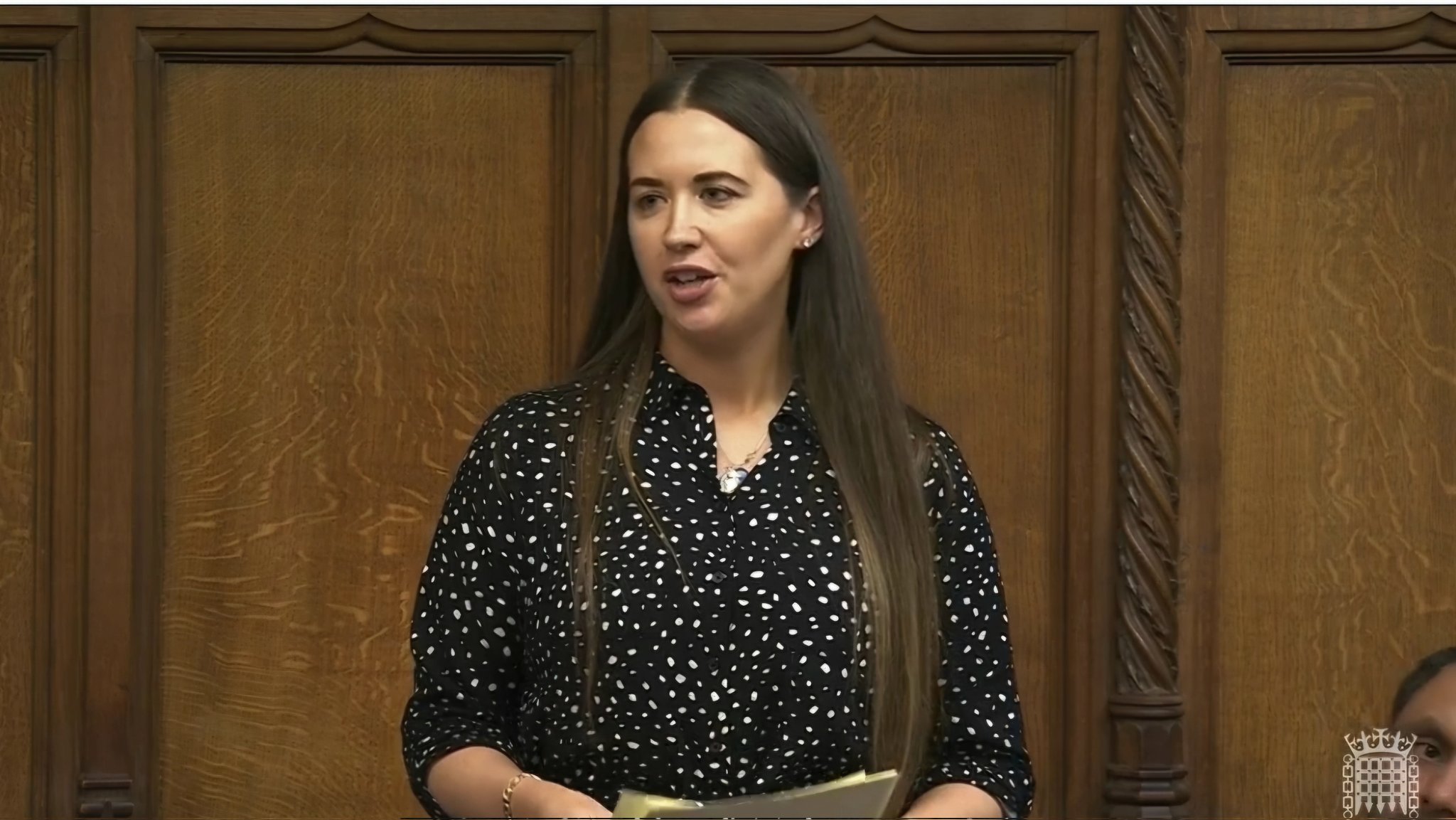Stitch Fix Inc.’s fiscal third quarter had investors feeling better about the styling service’s comeback prospects.
Shares Stitch Fix shot up 22.8 percent to $3.28 in after-hours trading after the company showed some signs of traction even as it continued to post sales declines and losses on the bottom line.
Net losses came in at $21.3 million, slightly improving on the loss of $21.8 million posted a year earlier. But the company said its adjusted earnings before interest, taxes, depreciation and amortization totaled $6.7 million and reflected its “continued cost management discipline.”
In the three months ending April 27, the styling platform saw net revenue come in at $322.7 million. While that’s a decrease of 16 percent from last year’s $383.4 million, it still beats analysts’ expectations of $306.1 million, according to Yahoo Finance.
Stitch Fix logged active clients of 2,633,000, a 6 percent decrease that sheared off the equivalent of 172,000 clients. However, the company made more per client at $525, an uptick of 2 percent.
The results prompted the company to raise its full-year projection, with revenue expected between $1.33 billion to $1.34 billion, instead of its previously anticipated $1.29 billion to $1.32 billion.
“Our Q3 revenue and adjusted EBITDA exceeded our expectations, which we believe signals that our transformation efforts are beginning to work,” chief executive officer Matt Baer said in a statement. “While we are still in early days, I am confident that our strategic focus on strengthening our foundation and reimagining the client experience will put us on the right path to deliver sustainable, profitable growth in the future.”
Last year, the company embarked on a mission to stabilize its operations, which set off a number of changes — from arrival last year of Baer and of Tony Bacos, formerly of Amazon Fashion, to run product and technology, to the departure of Loretta Choy from the top merchandising and customer service role in May.
The company also exited the U.K. market, which created a hangover effect in the second quarter. Meanwhile, stylists have been operating under increasing pressure following several rounds of layoffs, capped by the end of full-time hours for stylists. That took effect in March.
Some of these moves were due to cost-cutting, while others were undertaken, according to the company, in an effort to become a leaner, more efficient operation.
Whether this will work for the long-term remains to be seen.
Stitch Fix’s metamorphosis is still ongoing, but investors see growth potential in the platform starting to pay off.







)